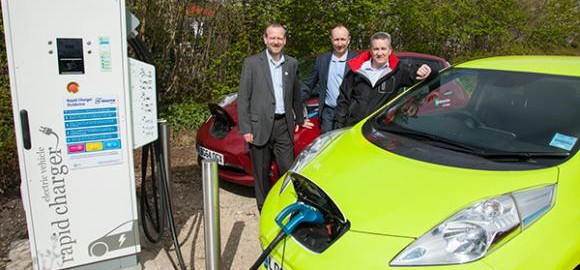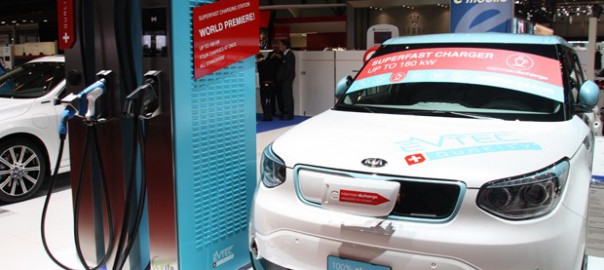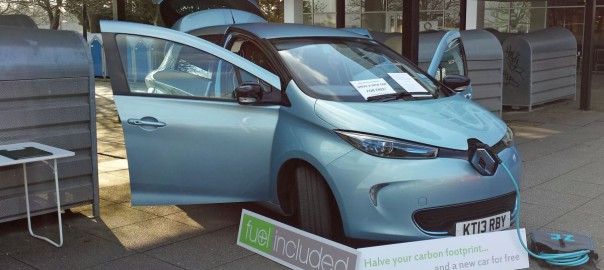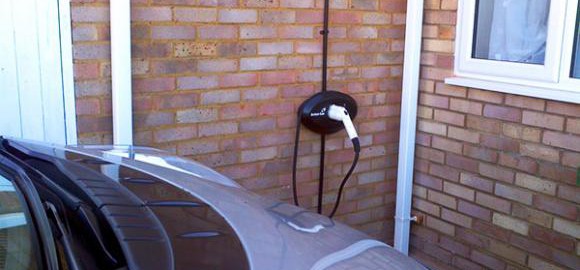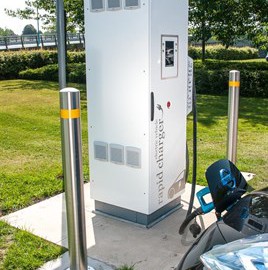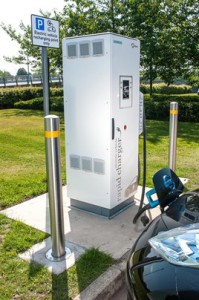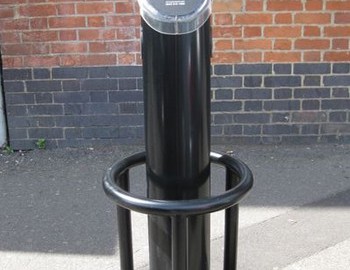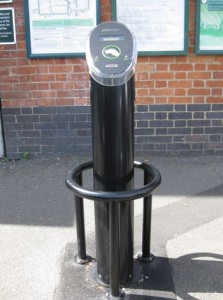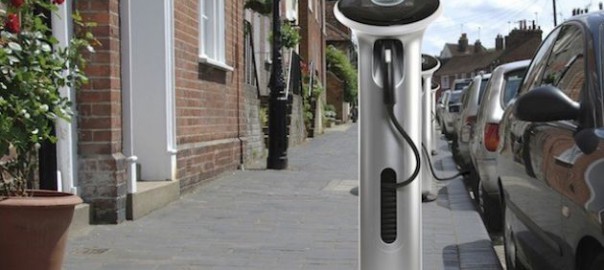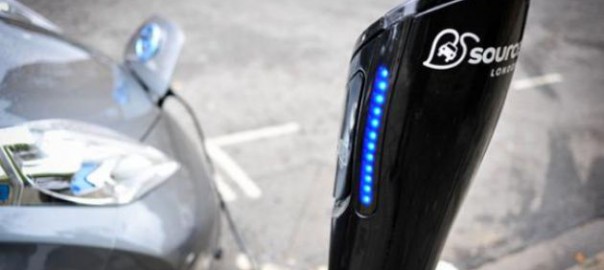Bluepoint London, the operator of Source London since September 2014, has announced that it has finalised an agreement with Transport for London (“TfL”), the London Borough of Sutton and the London Borough of Southwark.
The agreement makes Bluepoint London responsible for the management of an initial 60 electric vehicle (EV) charge points, which represents 13% out of the 460 charge points in London boroughs as part of the scheme.
Next Green Car’s sister site, Zap-Map reported in September 2014 that almost a third of Source London points were offline. The new agreement will ensure these points are fully functional and compliant with EU standards as well as overseeing any necessary repairs for the benefit of the growing number of EV users across London.
Since taking over from TfL, Bluepoint London has undertaken an in-depth audit and will start implementing a live monitoring solution for all charge points which were part of the scheme. This agreement will start the deployment of a mobile maintenance team to assess the faults and start the necessary works. In the future, the points in the London Boroughs of Sutton and Southwark, as well as the TfL charge points, will now be serviced regularly to minimise faults and downtime.
In due course, other boroughs will be announced and, in consultation with local authorities, new charge points will supplement the network to ensure greater coverage and availability. By 2018, Bluepoint London’s target, via the Source London scheme, is to have 6,000 charge points under management across London to oversee the growth of electric cars in London.
Christophe Arnaud, Director of Bluepoint London, said:
“We are delighted to be responsible for these 60 EV charge points in London. This means we are finally in a position to offer electric vehicle users in the London Borough of Southwark and the London Borough of Sutton a better charging infrastructure and experience. This agreement is a key step in providing all Londoners with a sustainable alternative to traditional transport means.
“A better maintained and more extensive charging infrastructure will mean more drivers are able to use electric vehicles and join the early-adopters who are already helping London reach lower emissions level. We are very excited to be playing our part.”
Councillor Mark Williams, Cabinet member for regeneration, planning and transport, London Borough of Southwark, said:
“We fully support sustainable transport so welcome the opportunity to work with Bluepoint London to improve the management of electrical vehicle charge points locally. With better maintenance, we want more people to switch from petrol and diesel to electric cars.
“This will help reduce harmful emissions and improve air quality not just in Southwark but across the capital. Over 120 people die prematurely each year in our borough due to air pollution and we must do all we can to eliminate this silent killer.”
Source: Next Green Car

